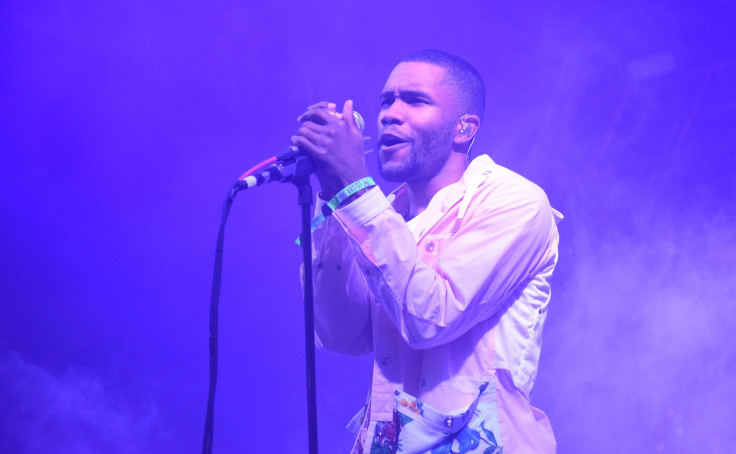Record labels accusing Spotify of downranking artists that release exclusive tracks on Apple Music
Universal Music is keen to stop exclusive deals with online music services, according to internal memos.

A memo sent to staff internally at Universal Music Group has accused online music-streaming service Spotify of instituting a new policy whereby artists that have exclusive content deals with rival music services like Apple Music and Tidal will have their music promoted at a much lower level than artists that don't.
The memo, seen by a Universal employee who spoke to the New York Times on condition of anonymity, was sent out by Lucian Grainge, the chairman of Universal Music, who is keen to end the practice of making long-term exclusive deals with any single digital music service.
Two other music labels also confirmed to both Bloomberg and the New York Times that they were told by Spotify directly about the new policy, which will mean that some artists' music may not be featured as prominently or included in as many playlists.
Spotify has since declared these accusations to be "unequivocally false" to Recode, but it has not elaborated on which specific accusations levied by both Bloomberg and New York Times are not true.
It is thought that the latest accusations about Spotify is just the latest straw in an escalating row in the music industry over digital music services and how they interfere in the relationships between music artists and their record labels, which have gone from bad to worse over the last few years.
Frank Ocean's misdirection trick on the music industry
One artist who is a prime example of the strain digital music services can place on artist-label relationships is Frank Ocean, whose new music album Blonde was released on 20 August on Apple Music as an exclusive on the artist's own label, thereby completely cutting out Universal or Def Jam from any profits.
According to Billboard, by releasing music on his own label and working directly with Apple, Ocean has increased his potential profit share for Blonde from 14% up to a whopping 70%, while still fulfilling his contractual obligations to the labels by creating a "visual album" with Universal and Def Jam, although this album cannot technically be sold since it's basically just multiple music videos.
It is due to this problem that Grainge now wants exclusive relationships with music services to end, and the Spotify revelation is merely a side effect of this. The issue is that Spotify doesn't want exclusives, because it wants all of an artist's latest tracks to be available for the entire 100 million Spotify audience to listen to, and hopes that promises of an ad-free, offline-friendly service will convert free users into paying ones.
Spotify might need to change its business model
If users can't find the tracks they are looking for, they will happily pursue other options such as Apple Music and Tidal, particularly since a lot of these services offer free one-month trials. But if users have to pay, they will tend to go for the service that offers them the most amount for their money and stick with that one service, and Spotify doesn't want its premium users going anywhere.
However, it could be possible that Spotify is looking to move away from its ad-supported free business model with offline mode for subscribers, as its CEO Daniel Ek is now considering making certain music available only to paying subscribers.
Spotify wants to launch an initial public offering (IPO) but investors want to make sure that the service has lots of long-term deals with major music artists under its belt and that it can increase its profit margins, since Spotify currently has to pay as much as 58% of all revenues to the labels.
There is also the problem that currently many artists have publicly voiced their displeasure with the service and some, such as Taylor Swift, have even pulled their content off the service.
© Copyright IBTimes 2025. All rights reserved.






















